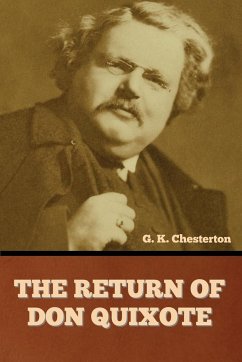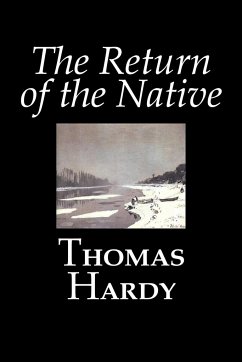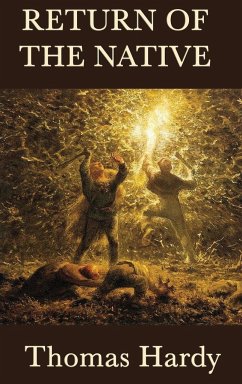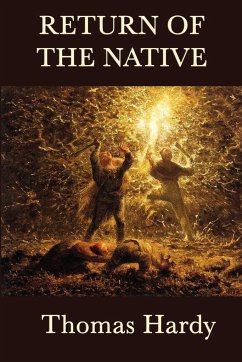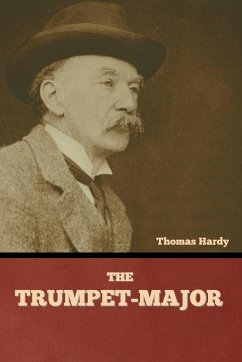
The Return of the Native
Versandfertig in 1-2 Wochen
20,99 €
inkl. MwSt.

PAYBACK Punkte
10 °P sammeln!
The Return of the Native is Thomas Hardy's sixth published novel. It first appeared in the magazine Belgravia, a publication known for its sensationalism, and was presented in twelve monthly installments from January to December 1878. Because of the novel's controversial themes, Hardy had some difficulty finding a publisher; reviews, however, though somewhat mixed, were generally positive. In the twentieth century, The Return of the Native became one of Hardy's most popular and highly regarded novels. With its deeply flawed heroine and its (for the time) open acknowledgement of illicit sexual ...
The Return of the Native is Thomas Hardy's sixth published novel. It first appeared in the magazine Belgravia, a publication known for its sensationalism, and was presented in twelve monthly installments from January to December 1878. Because of the novel's controversial themes, Hardy had some difficulty finding a publisher; reviews, however, though somewhat mixed, were generally positive. In the twentieth century, The Return of the Native became one of Hardy's most popular and highly regarded novels. With its deeply flawed heroine and its (for the time) open acknowledgement of illicit sexual relationships, The Return of the Native raised some eyebrows when it first appeared as a serial in Victorian Britain. Although he intended to structure the novel into five books, thus mirroring the classical tragic format, Hardy submitted to the tastes of the serial-reading public sufficiently to tack on a happy ending for Diggory Venn and Thomasin in a sixth book, Aftercourses. In Hardy's original conception, Venn retains his weird reddleman's character, while Thomasin lives out her days as a widow. Hardy's choice of themes-sexual politics, thwarted desire, and the conflicting demands of nature and society-makes this a truly modern novel. Underlying these modern themes, however, is a classical sense of tragedy: Hardy scrupulously observes the three unities of time, place, and action and suggests that the struggles of those trying to escape their destinies will only hasten their destruction. To emphasise this main part he uses as setting an ancient heath steeped in pre-Christian history and supplies a Chorus consisting of Grandfer Cantle, Timothy Fairway, and the rest of the heathfolk. Eustacia, who manipulates fate in hopes of leaving Egdon Heath for a larger existence in Paris, instead becomes an eternal resident when she drowns in Shadwater Weir; Wildeve shares not only Eustacia's dream of escape, but also her fate; and Clym, the would-be educational reformer, survives the Weir but lives on as a lonely, remorseful man. Some critics-notably D. H. Lawrence-see the novel as a study of the way communities control their misfits. In Egdon Heath, most people (particularly the women) look askance at the proud, unconventional Eustacia. Mrs. Yeobright considers her too odd and unreliable to be a suitable bride for her son, and Susan Nunsuch, who frankly believes her to be a witch, tries to protect her children from Eustacia's supposedly baleful influence by stabbing her with a stocking pin and later burning her in effigy. Clym at first laughs at such superstitions, but later embraces the majority opinion when he rejects his wife as a murderer and adulteress. In this view, Eustacia dies because she has internalised the community's values to the extent that, unable to escape Egdon without confirming her status as a fallen woman, she chooses suicide. She thereby ends her sorrows while at the same time-by drowning in the weir like any woman instead of floating, witchlike-she proves her essential innocence to the community. (wikipedia.org)




